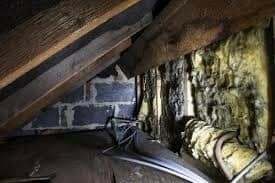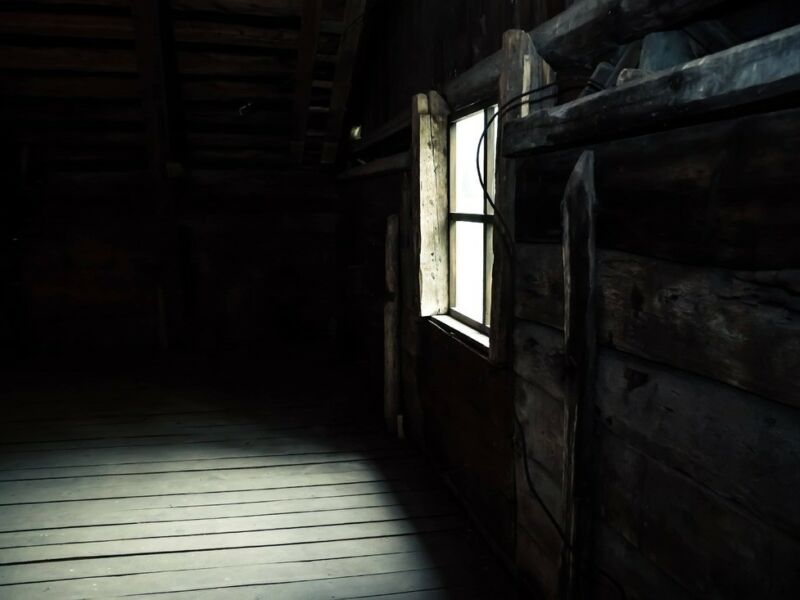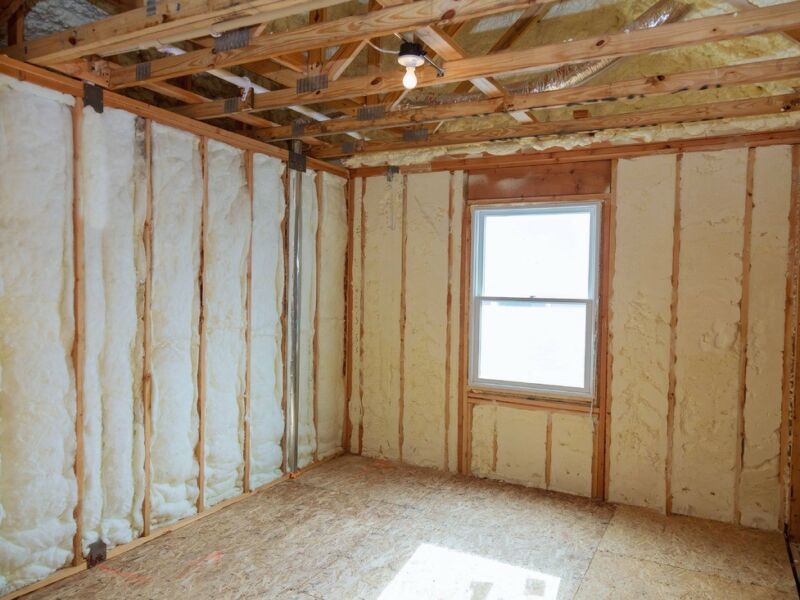
Introduction
A crawl space is an area underneath a building that provides access to utilities such as plumbing, electrical wiring, and HVAC systems. It also serves as a storage space for items that are not regularly used in the house. However, there are certain things that should never be put in a crawl space due to the potential for damage and health hazards. This article discusses the items you should avoid storing in a crawl space to maintain its integrity and ensure a safe living environment.
Moisture-Sensitive Items
Crawl spaces are prone to high levels of moisture, which can lead to mold, mildew, and rot. Avoid storing items in the crawl space that are sensitive to moisture, such as books, clothes, and wooden furniture. Moisture can cause these items to deteriorate and become unusable. It is best to store these items in a dry and climate-controlled area of the house.
Chemicals and Hazardous Materials
Storing chemicals and hazardous materials in a crawl space is extremely dangerous. These substances can leak, spill, or release toxic fumes, posing a serious risk to both the occupants of the house and the environment. Common examples of hazardous materials include gasoline, propane, pesticides, and cleaning agents. Always follow the manufacturer’s instructions for proper storage and disposal of these substances.

Foods and Perishable Items
A crawl space is not a suitable place to store food or perishable items. The fluctuating temperatures and high humidity can cause food to spoil, attract pests, and lead to a foul odor. It is important to store food and perishable items in a cool, dry, and pest-free area of the house, such as the pantry or refrigerator.
Electronics
Storing electronics in a crawl space can expose them to moisture, dust, and temperature extremes. These conditions can damage sensitive electronic components and shorten their lifespan. It is recommended to keep electronic devices in a temperature-controlled environment with low humidity to prevent corrosion and malfunctions.
Flammable Materials
Never store flammable materials in a crawl space. Flammable materials include gasoline, propane, paint thinners, and aerosol cans. The confined space and lack of proper ventilation in the crawl space can create a fire hazard. Keep flammable materials in approved containers and store them in a safe location away from heat sources.
Pets and Livestock
Do not house pets or livestock in a crawl space. The lack of proper ventilation, insulation, and access to natural light makes a crawl space unsuitable for animals. It can also be dangerous for pets due to the potential for exposure to harmful substances and the risk of entrapment. Provide appropriate shelter and living conditions for animals in designated areas outside of the crawl space.
Conclusion
A crawl space should be properly maintained to ensure the integrity of the building’s structure and the health of its occupants. Avoid storing moisture-sensitive items, chemicals, perishable foods, electronics, flammable materials, and pets in the crawl space. By following these guidelines, you can prevent damage and health hazards associated with improper storage in a crawl space.

JGW Group Water Damage Restoration
Related Amazon Products
- Related Amazon Product Name – $ Price
- Related Amazon Product Name – $ Price
- Related Amazon Product Name – $ Price
Frequently Asked Questions
What are the potential dangers of storing chemicals in a crawl space?
Why should electronics not be stored in a crawl space?
Disclaimer: As an Amazon Associate, we earn from qualifying purchases.



